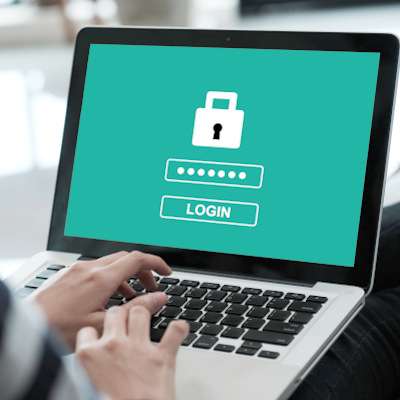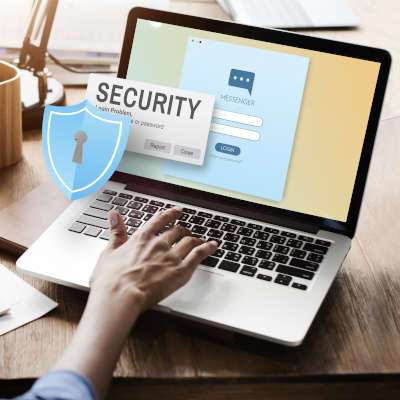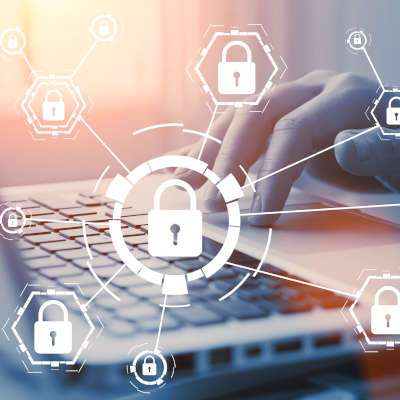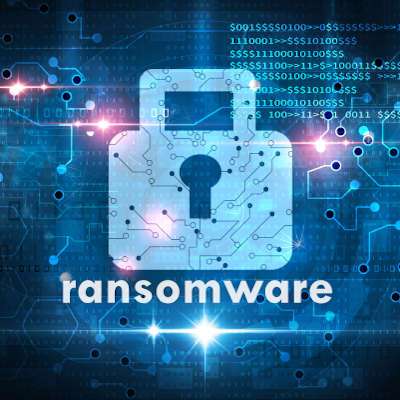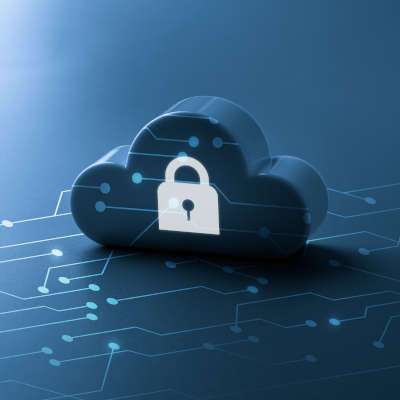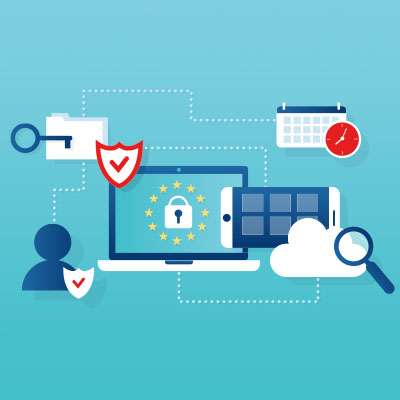The password is the primary element of both data security and user authentication; this makes the construction of them extremely imperative to protecting digital assets. Alas, not everyone comprehends how to construct passwords that actually work to protect the information on the other side. Listed below is a discussion on how to create a solid password that works to keep your digital resources safe.
Macro Systems Blog
The COVID-19 pandemic has created an ominous situation for many businesses, resulting in employees finding themselves in a vulnerable position. Regardless of whether or not your employees are able to come into the office right now, it is critical that you share the following information with them, as it may help to keep them out of a tough spot.
With the COVID-19 pandemic far from over, many companies have had their attention pulled away from their cybersecurity needs by the concerns that the current health crisis has created. Listed below are some of the observations that a group of 273 cybersecurity professionals have made, courtesy of an annual survey.
A security audit tests the overall integrity of your business when it comes to its IT security. In our modern environment, businesses need to have strengthened fortifications in place to protect themselves from cyberthreats, and these fortifications need to be properly tested and reviewed over time. Listed below are some of the types of audits and their benefits, and how you can assess your security.
Beginning in 2008, Verizon has created a report outlining the cybersecurity incident trends that the previous year demonstrated. In doing so, they have provided a resource that offers businesses greater insights into where their cybersecurity efforts need to be focused. Listed below are some of 2019’s trends and insights that were highlighted in the Verizon Business 2020 Data Breach Investigations Report (DBIR).
Conferencing has been a critical tool for businesses as stay-at-home orders have moved their operations out of the office and into worker’s homes. While there are dozens of video conferencing solutions on the market, businesses should consider security just as much as they consider functionality. Below is a look at security for your company’s conferencing solutions.
Protecting your online accounts, your data, and your clients’ information is now more critical than ever. Industry and state-mandated compliances are now forcing businesses to tighten their cybersecurity, and it’s imperative that every human being on the Internet take their own personal security seriously. This guide is designed to offer the best practices for strong passwords.
At any given time, a business needs to consider its security, but this need only intensifies when its employees are working remotely. With the coronavirus pandemic very much still in play, the likelihood that your workers are in this situation has risen dramatically. In order to maintain your organizational security, you must consider the many factors that a remote workforce can introduce.
The rising popularity of ransomware has been disconcerting to many IT professionals, especially due to the different tactics that this malware variant has been spotted utilizing. In order to protect your business from these attacks, it helps to know how they work. Listed below is a beginner’s guide to ransomware types to help you identify and avoid them.
There are many reasons that your employees may need to work from home, and there are many reasons to allow them to do so. A 2019 survey by OwlLabs indicated that 71 % of remote workers are happy with their job compared to 55 percent of on-site workers; remote workers responded that they are 13 % more likely than onsite workers to stay in their current job for five more years than onsite workers will; and when respondents claimed to be working longer than 40 hours per week, onsite workers were doing so out of necessity, while remote workers did so out of desire and enjoyment.
Organizations are looking to technology more than ever in a constant attempt to enhance productivity and efficiency. One issue that some businesses face is that their staff isn’t exactly technologically savvy, making them difficult to communicate with about technical concepts. Macro Systems' aim is to help you do a better job of communicating with those workers who don’t know much about technology.
All kinds of companies utilize cloud resources as a part of their IT infrastructure. It allows them to turn what was once a major capital expenditure into a controllable operating cost; and, it does it while offering solutions to almost any business problem. The one drawback that most IT professionals agree on is how to gain enough control over a cloud platform to ensure that the platform is secure.
There has recently been a general fascination with smart devices in the home and the office. These Internet of Things-powered appliances can help add to the convenience of rote tasks and other everyday activities, but is it actually a good idea to use them? Unless you’ve taken the proper precautions, maybe not.
Personal information is very, very valuable, especially in this increasingly digital modern day and age. This makes it incredibly imperative that you are doing everything you can to protect it in your business, whether it is your own or belongs to somebody else. Listed below are a few tips to help you better protect the data you’re responsible for.
As you manage your business, there is a lot that you’re going to have to oversee - including how much access your employees have to the data you have gathered and generated throughout your operations. An access management policy can help you to accomplish this. Listed below is a review of a critical features you need to include in your strategy.
Cybersecurity should always be a matter of great importance for a business, especially since cyber criminals are always evolving their tactics. As a result, it pays to keep an eye on the horizon for the next looming threats. Let's take a look at some few threats that cybersecurity professionals say that businesses should be concerned about in the near future.

